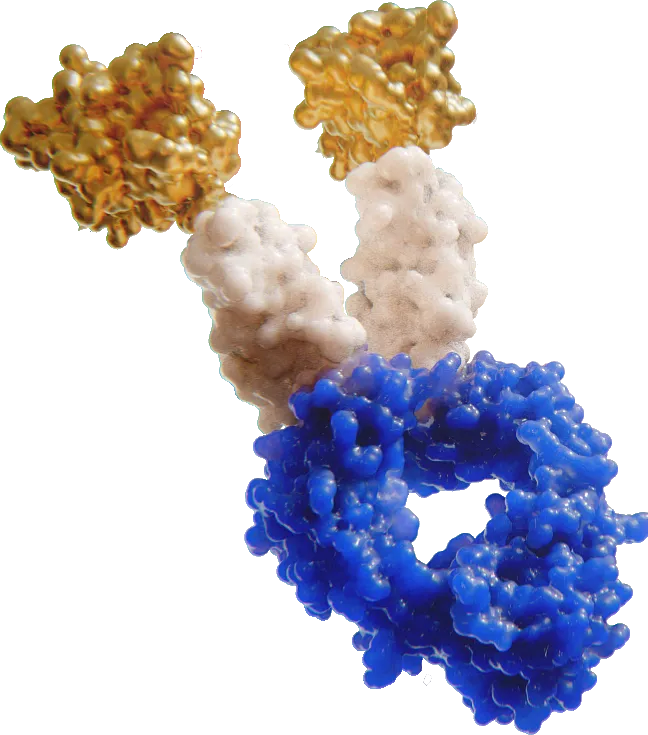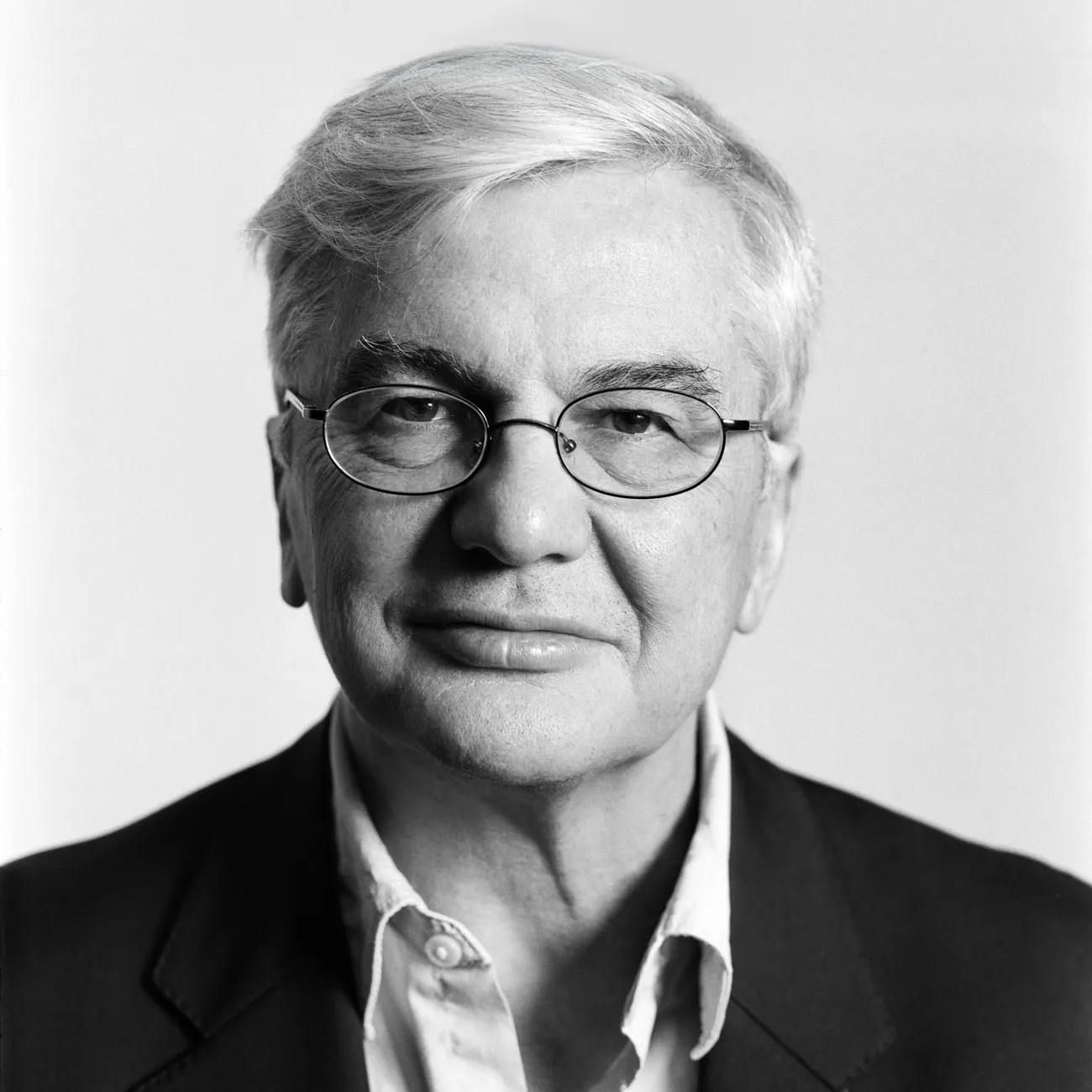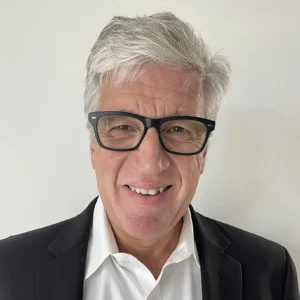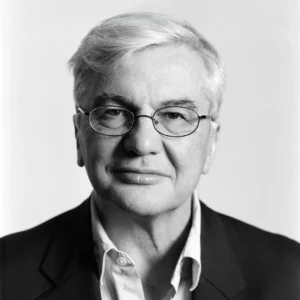Your Vision
Our Mission
Innovative retinal treatments designed to improve patients’ lives.
Our Mission
Kalaris Therapeutics is a clinical-stage biopharmaceutical company dedicated to the development and commercialization of treatments for prevalent retinal diseases with major unmet medical needs.
Existing therapies for exudative and/or neovascular retinal diseases, such as wet AMD, diabetic eye disease and retinal vein occlusion, have made great strides in preserving or improving patients’ vision, but they require frequent clinic visits over many years that place a significant burden on patients and their caregivers. This onerous visit regimen often leads to missed or delayed injections and suboptimal patient outcomes.
As a result, Kalaris is developing a novel therapy with the potential to ease patient burden and improve outcomes.

Our Science
Engineered for Enhanced Potency and Intraocular Retention
Our lead asset, TH103, is an investigational dual-targeting biologic specifically engineered to achieve extended intraocular retention with enhanced VEGF inhibition through optimized binding to VEGF receptor 1 ligands and concurrent heparan sulfate proteoglycan (HSPG) anchoring. It is a fully humanized, recombinant fusion protein designed for intravitreal delivery, with potential to be a best-in-class therapy for exudative and/or neovascular retinal diseases, such as wet AMD, diabetic eye disease and retinal vein occlusion.
TH103 has been engineered to improve upon a drug class that has helped millions of patients, with optimization built directly into the molecule itself.


Founded in Innovation
TH103 was engineered by VEGF pioneer and Kalaris’ scientific co-founder Dr. Napoleone Ferrara for increased and longer-lasting anti-VEGF activity. Dr. Ferrara is a Lasker Award-winning scientist known for discovering VEGF, isolating the genetic sequence for three human VEGF-A isoforms and inventing Avastin and Lucentis (bevacizumab and ranibizumab), two of the leading anti-VEGF drugs in cancer and macular neovascular eye diseases.
TH103’s design builds on the proven success factors of leading agents, together with molecular innovation to address persistent unmet needs.
Demonstrated Potential
In pre-clinical head-to-head studies, TH103 demonstrated longer-lasting and increased anti-VEGF activity as compared to the market leading agent.1
TH103 is currently being investigated in two neovascular age-related Macular Degeneration (nAMD) clinical trials. In a Phase 1a single ascending dose trial, TH103 was generally well tolerated and showed a potent anti-VEGF effect on functional and anatomical outcomes at 1-month post-dosing. Single dose durability signals, including pharmacokinetic analysis and retreatment results, suggest that TH103 may offer extended treatment durability outcomes after a standard four-dose loading regimen.
A Phase 1b/2 Multiple Ascending Dose trial is currently enrolling and is intended to inform dose selection for potential Phase 3 development. Kalaris also plans to expand beyond nAMD into other prevalent VEGF-mediated retinal diseases such as diabetic eye disease, and retinal vein occlusion.

Kalaris is evaluating its lead asset, TH103, in a Phase 1b/2 multi ascending dose-finding trial in nAMD with preliminary data expected in 2H 2026.
About Us
Kalaris was founded by experienced leaders in ophthalmology drug development and commercialization
The Kalaris management team and Board of Directors has experience developing and commercializing retina therapeutics and successfully building biopharma companies. Kalaris is supported by veteran investors with a track record in funding successful retina therapeutic development to FDA approval.
Management Team

Andrew Oxtoby
CEO & Director
Eli Lilly, Aimmune, Chinook

Matthew Feinsod, MD
CMO
FDA, Eyetech, Imagen, AGTC

Matthew Gall, MBA
CFO
iTeos, Sarepta, Celgene, Gilead

Kristine Curtiss
SVP Clinical
iSTAR Medical, Iveric Bio, PanOptica

Brett Hagen, CPA
SVP Finance & CAO
AlloVir Inc., Eloxx, Proteostasis Therapeutics

Jill Porter
SVP CMC
Roche, Agennix, OxThera

Nancy Davis
VP Clinical Operations
IOTA Biosciences, Viridian, Aerie, Novartis, Eyetech
Board of Directors

David Hallal
Board Chairman
Chairman & CEO, Scholar Rock, Executive Chairman ElevateBio, Alexion, OSI Eyetech, Biogen, Amgen

Anthony Adamis, MD
Director
Ex-Global Head of Ophthalmology, Immunology and Infectious Disease, Genentech / Roche, Co-founder and CSO of Eyetech

Srinivas Akkaraju, MD, PhD
Director & Co-founder
Managing Partner, Samsara

Mike Dybbs, PhD
Director & Co-founder
Partner, Samsara

Napoleone Ferrara, MD
Director & Co-Founder
Genentech Fellow Professor, UCSD

Morana Jovan-Embiricos, PhD
Director
Managing Partner, F2 Ventures

Andrew Oxtoby
CEO & Director
Eli Lilly, Aimmune, Chinook

Leone Patterson, MBA, CPA
Director
Zymeworks, Adverum, Exelixis, Novartis; Board member Nkarta

Location
Berkeley Heights, NJ
Our corporate headquarters are located in the corporate campuses at The Park in Berkeley Heights, NJ.
Contact
Please fill out the brief form below with any questions or inquiries, and a member of our team will connect with you soon.
References
- Xin, H., Biswas, N., Li, P., Zhong, C., Chan, T. C., Nudleman, E., & Ferrara, N. (2021). Heparin-binding VEGFR1 variants as long-acting VEGF inhibitors for treatment of intraocular neovascular disorders. Proceedings of the National Academy of Sciences, 118(21), e1921252118.
